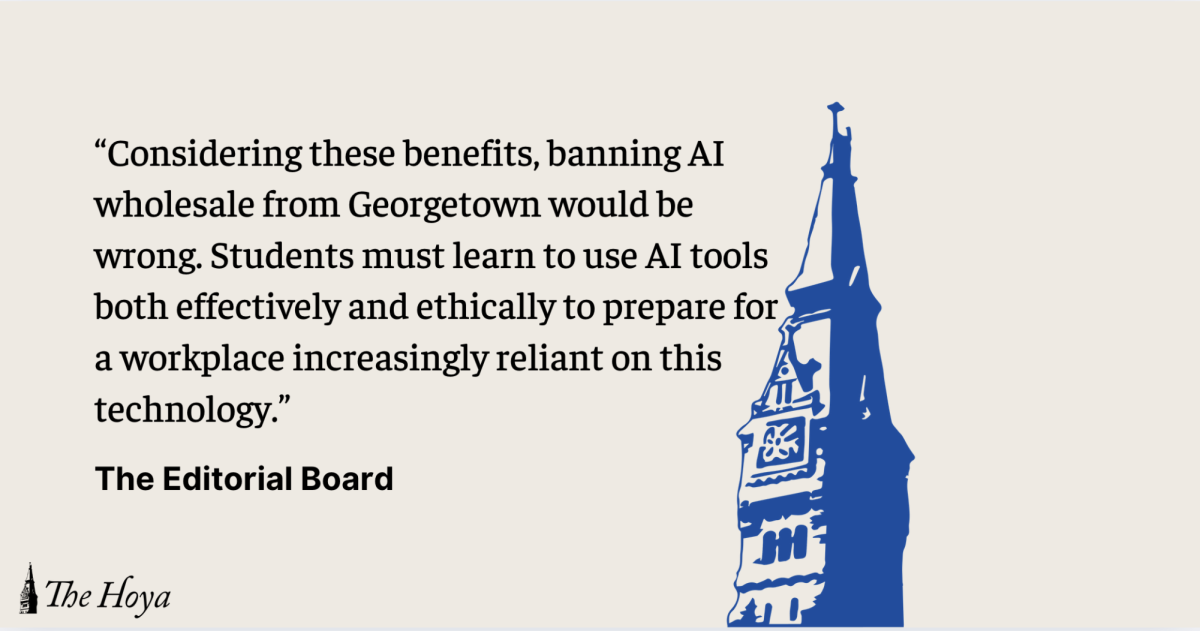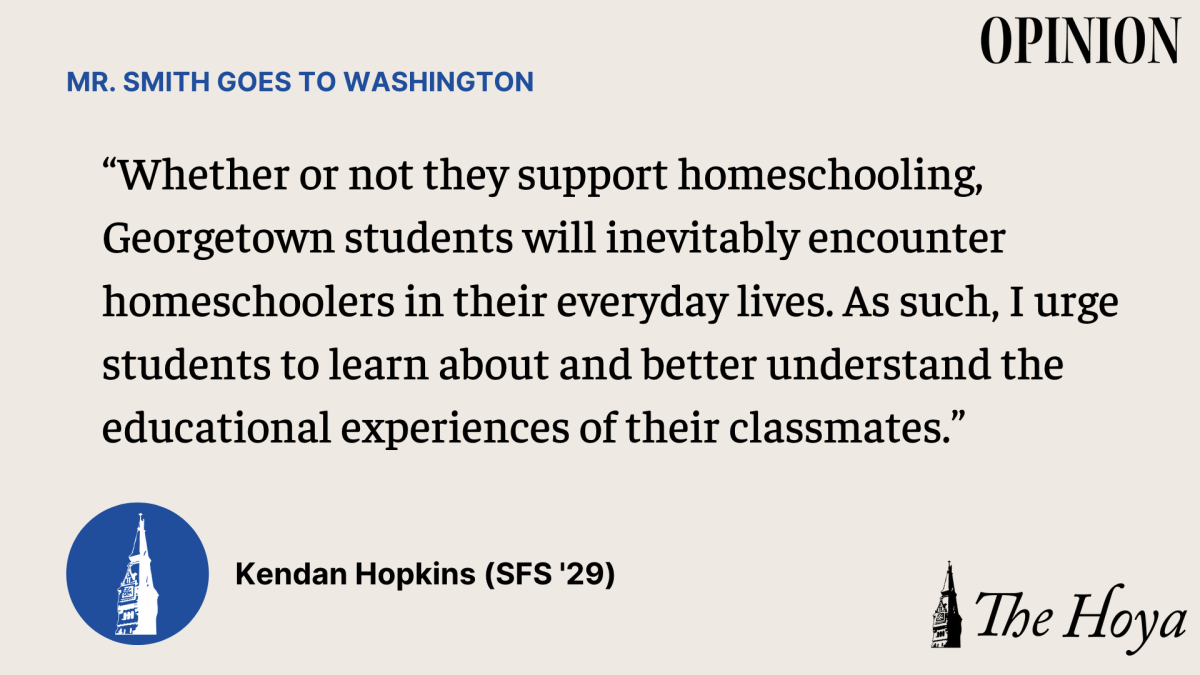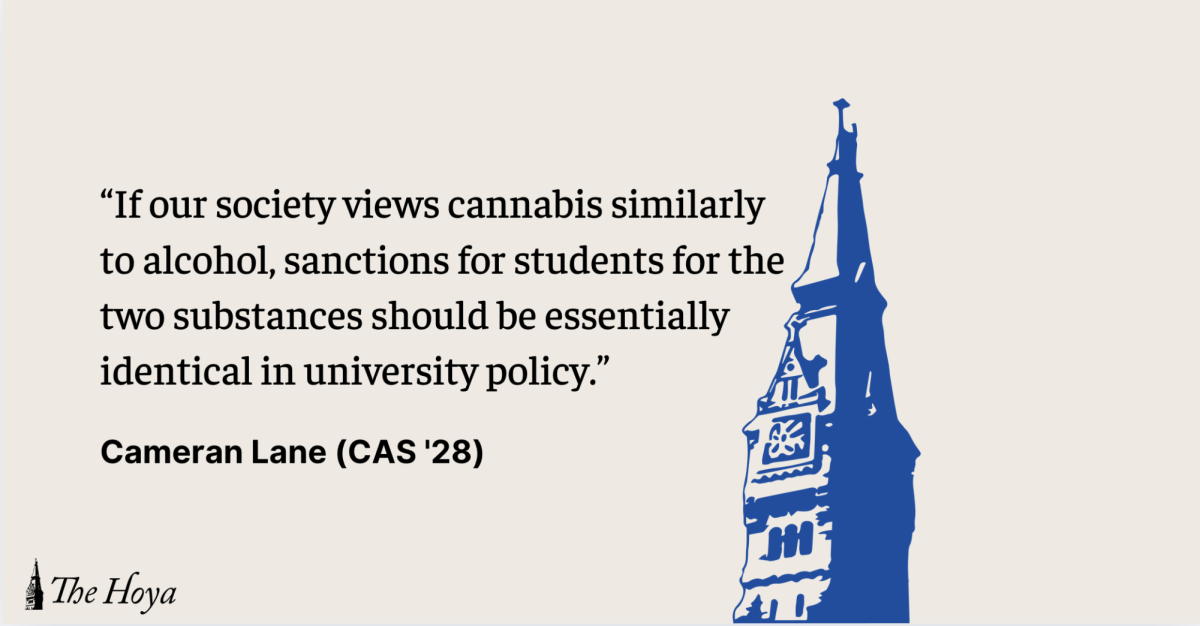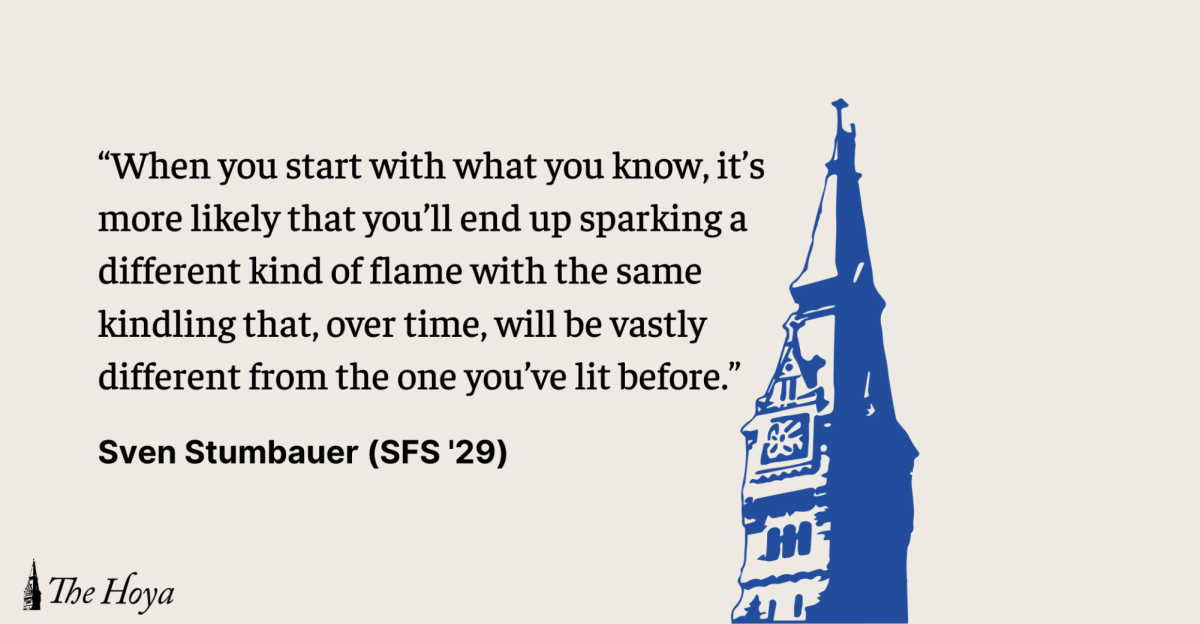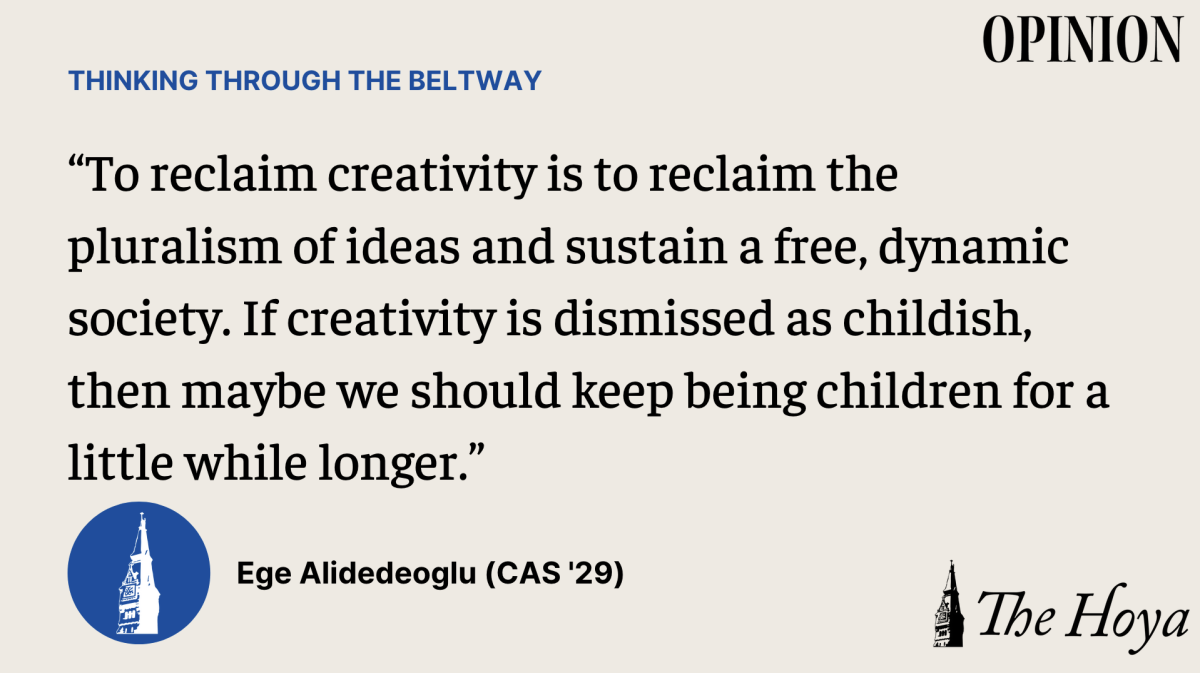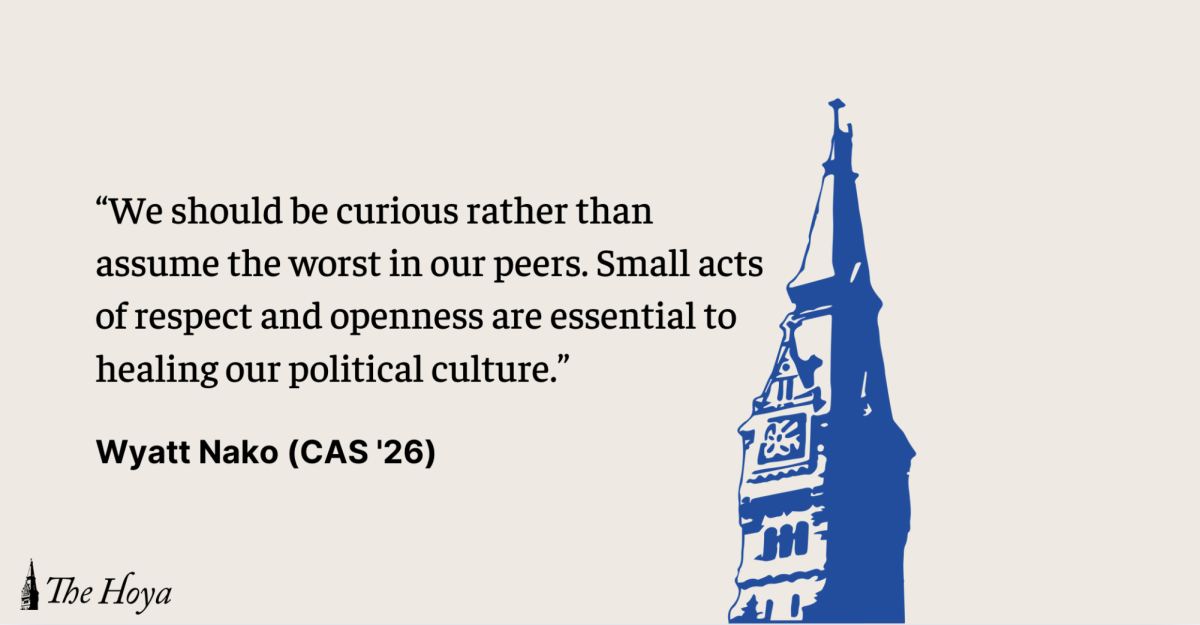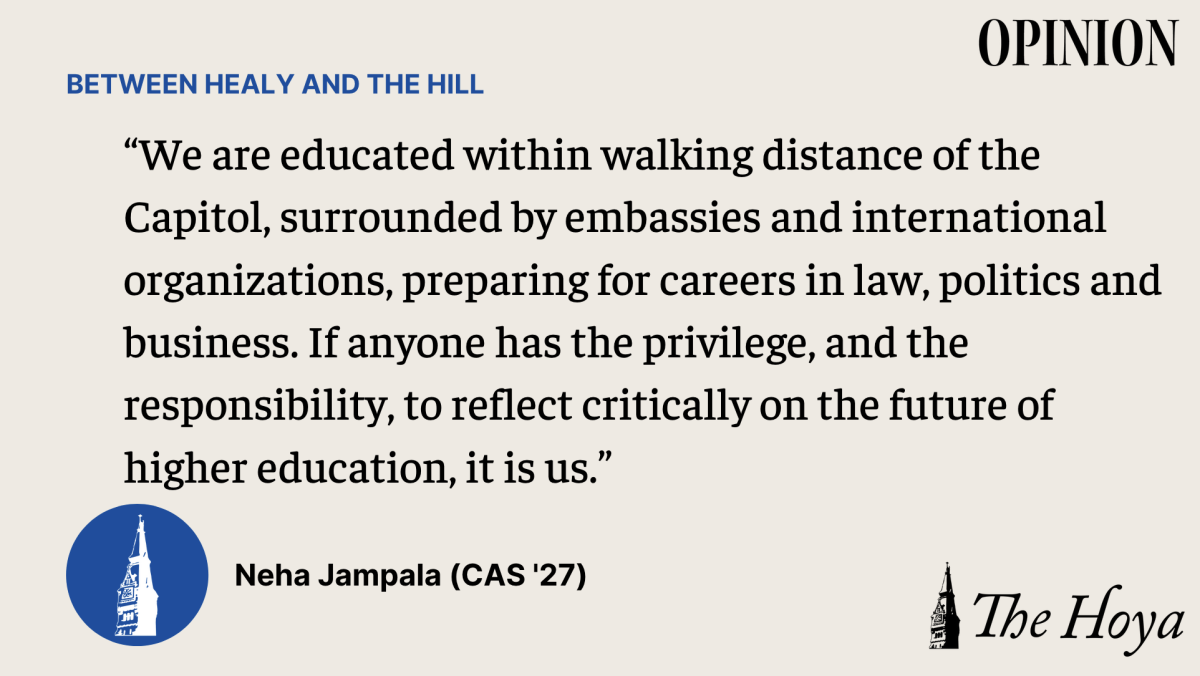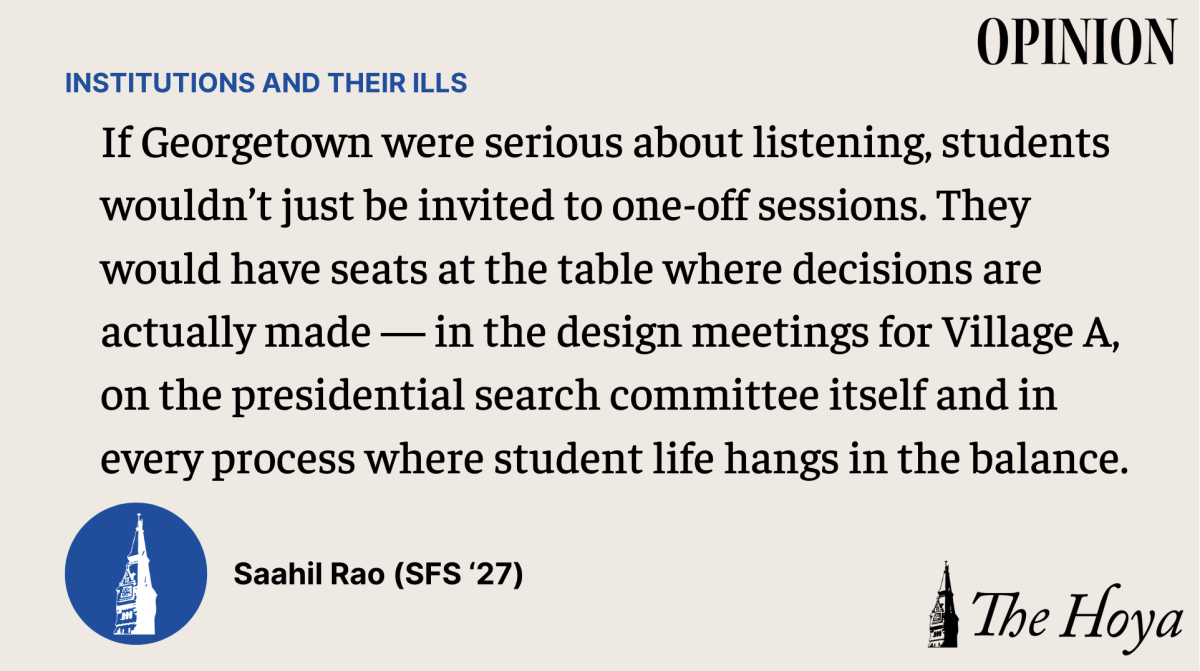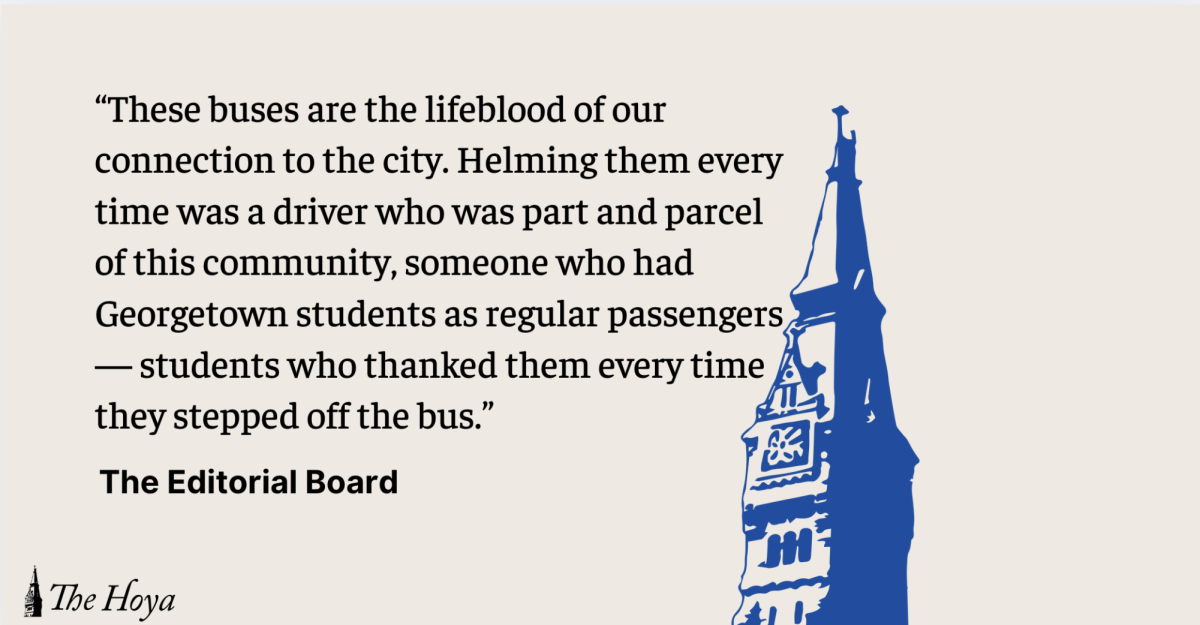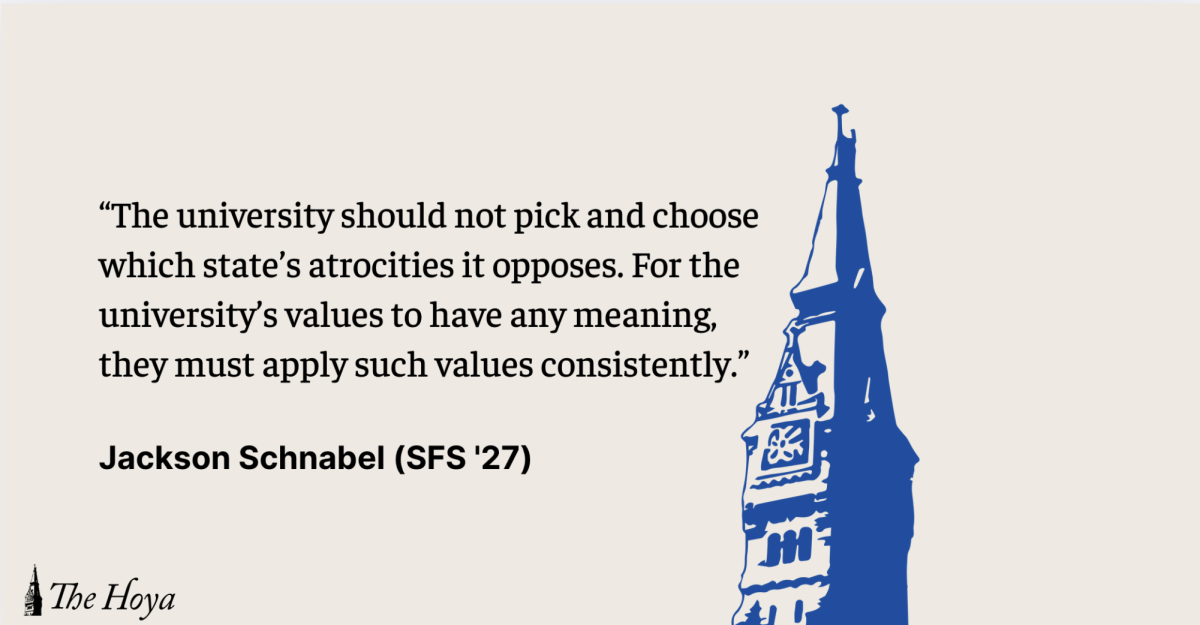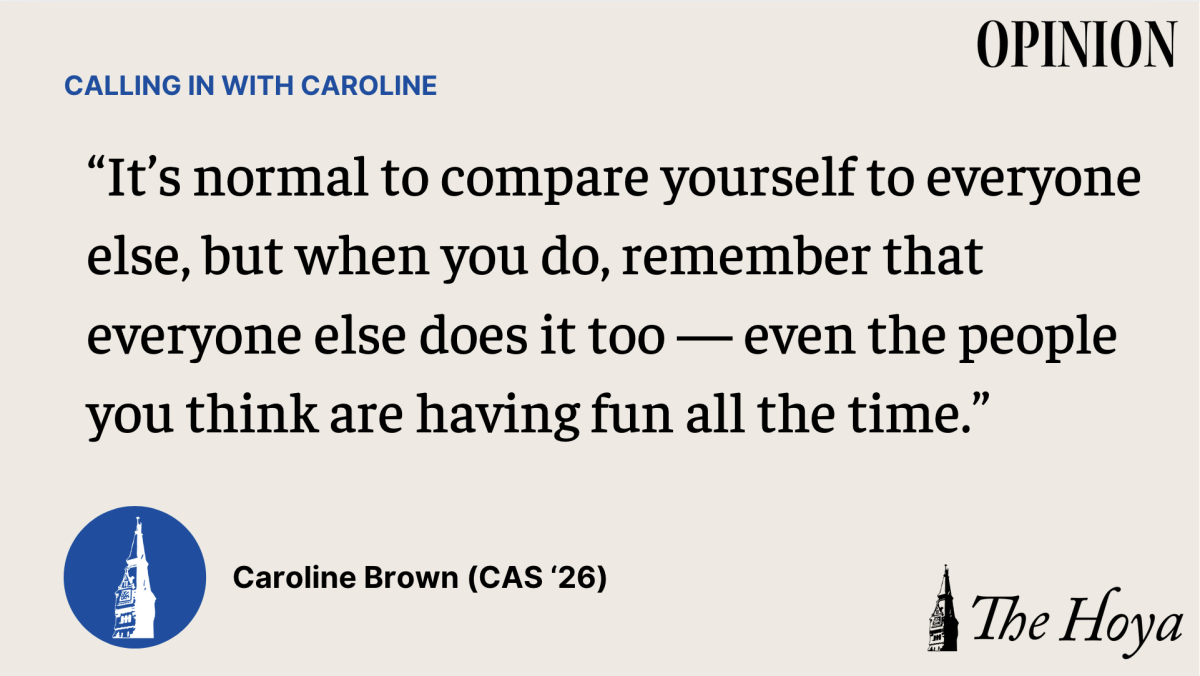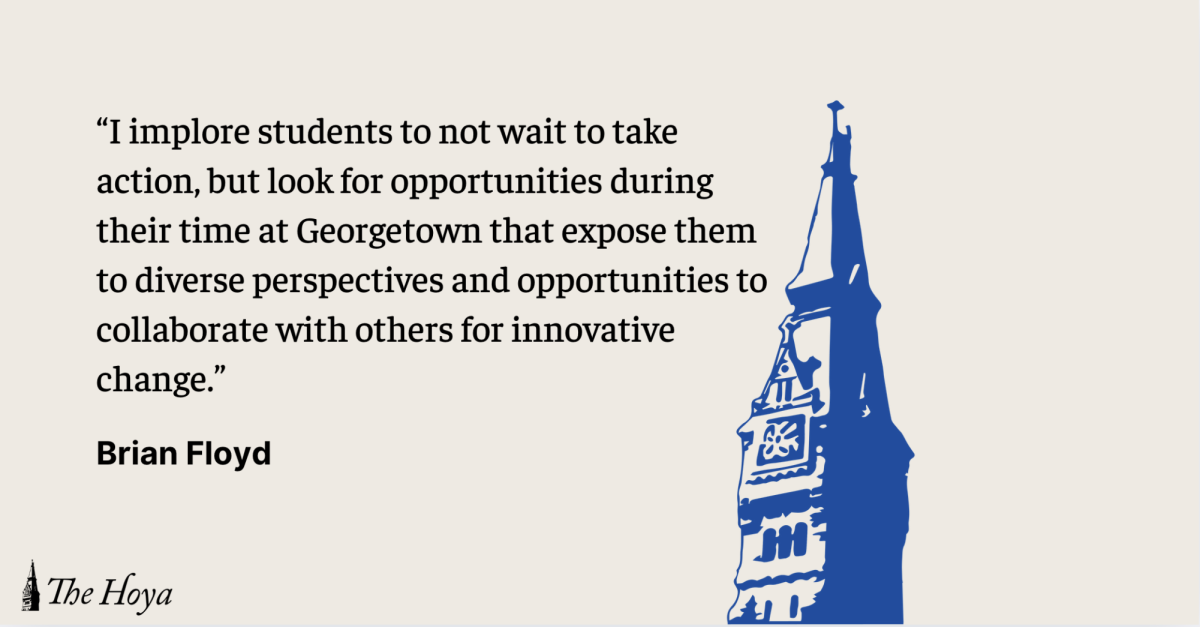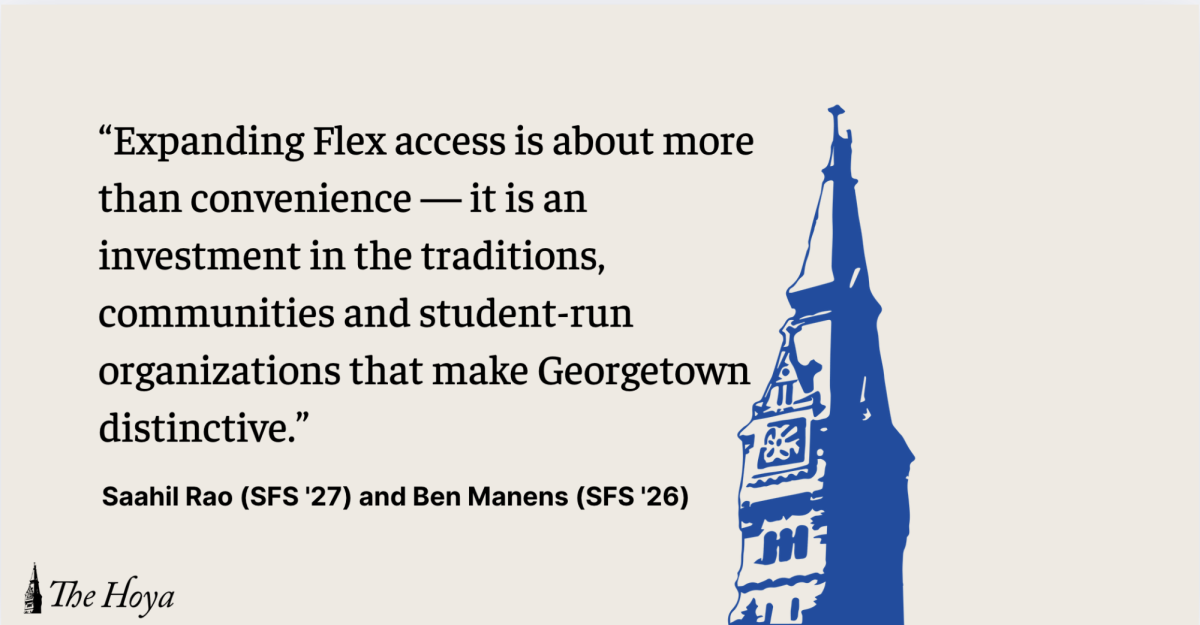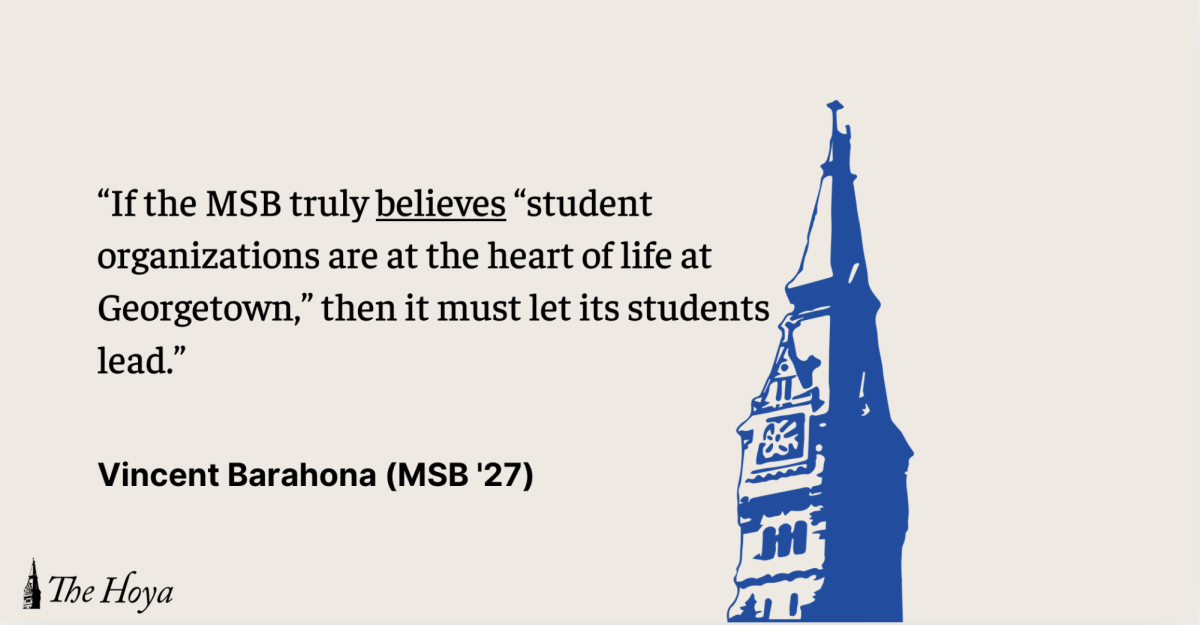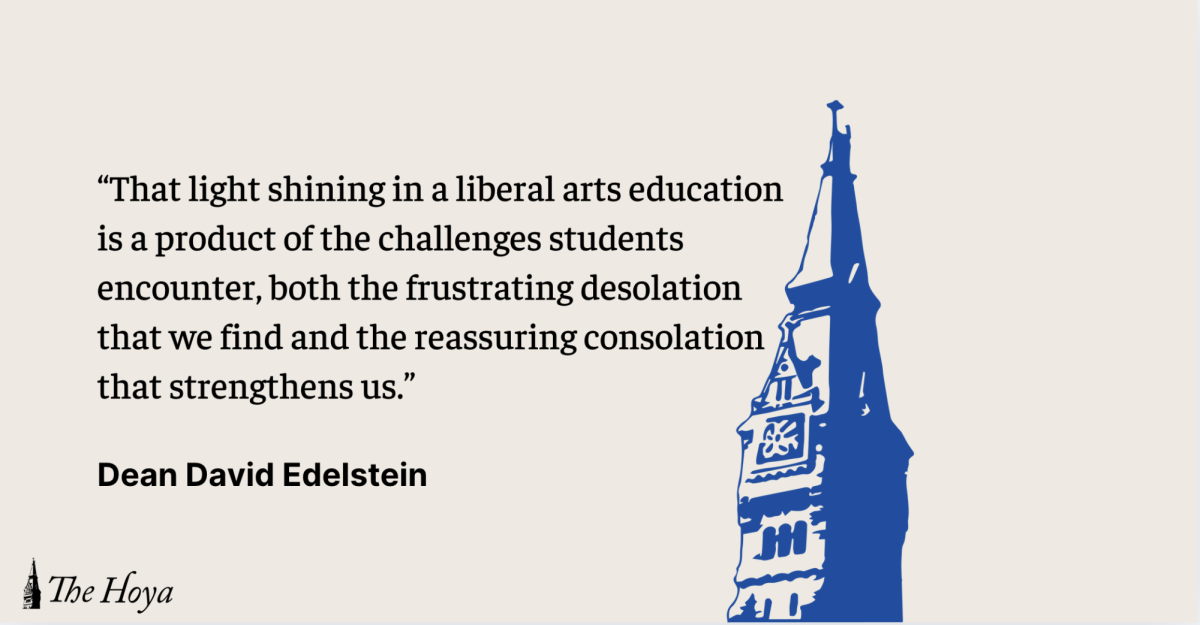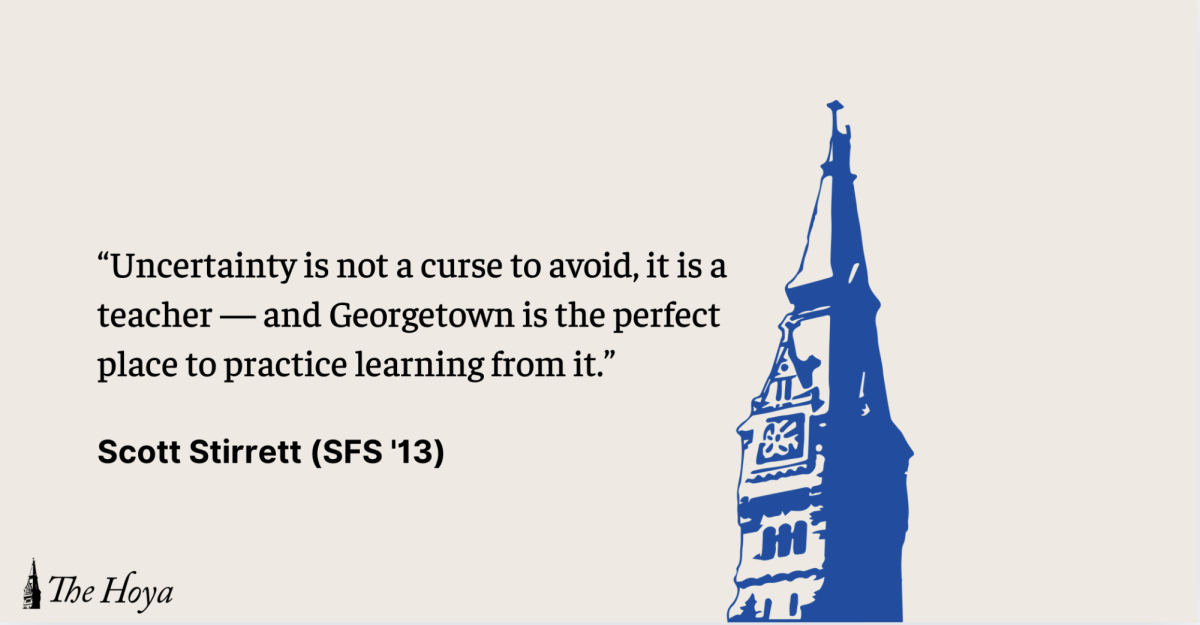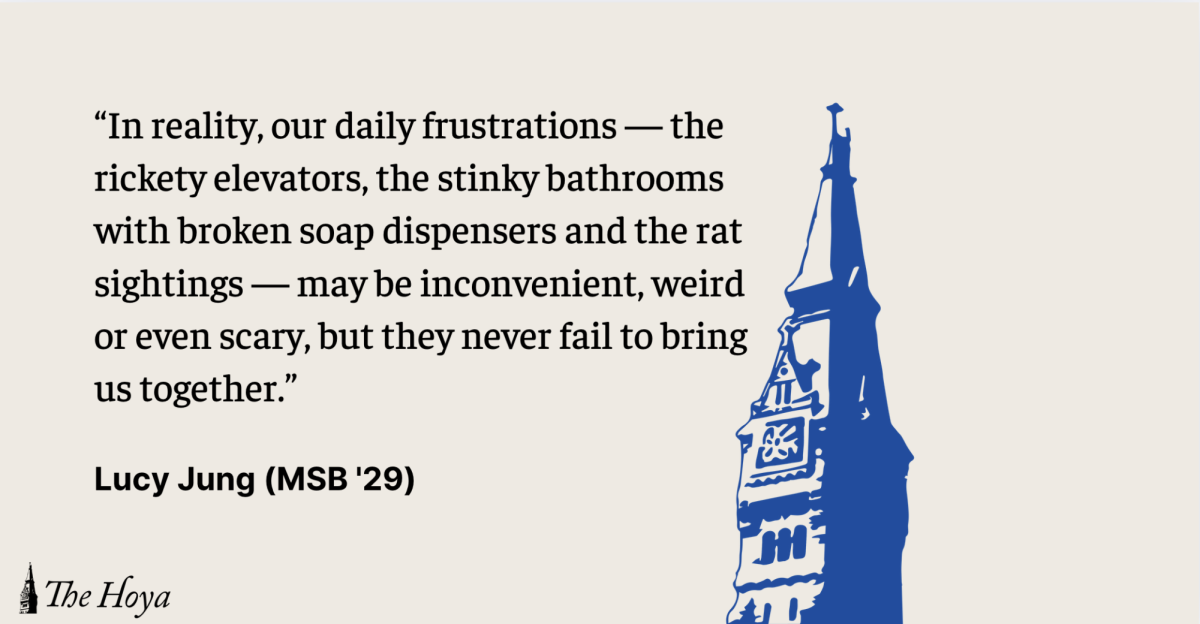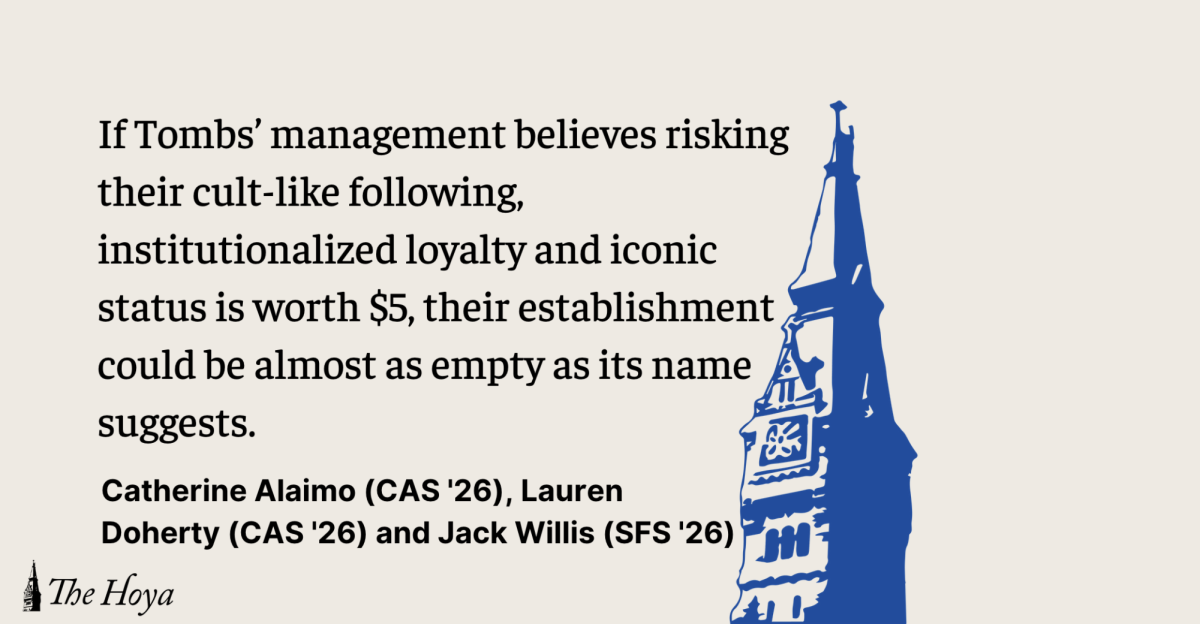In response to U.S. Immigration and Customs Enforcement (ICE)’s chilling detainment of the recent Columbia University graduate student Mahmoud Khalil without due process accompanied by the threat to rescind his green card, my colleagues at T’ruah: The Rabbinic Call for Human Rights, of which I am a past co-chair, penned a powerful and apt response.
Now, in what appears to be a steadily growing spread to universities across the country, a similar scourge has reached our Georgetown University community with ICE’s detention of Georgetown researcher Badar Khan Suri. I write to amplify T’ruah’s words as an essential American Jewish response to the moment and highlight one of its central messages as it applies to our case — and well beyond it.
At this writing, I speak only in my capacity as a Jewish leader at large (to be very clear, I am no longer the director for Jewish Life at Georgetown). I am, however, a rabbi entrusted with safeguarding the Jewish people, as well as with speaking both to — and on behalf of — the Jewish community. I also care deeply about our Georgetown community and feel called to add my particular voice to the Georgetown conversation and broader discourse on this issue.
These reprehensible detentions are unethical and significantly contribute to the erosion of democracy without making Jewish or Israeli students across the country any safer. I stand with my colleagues who reject the claim that depriving anyone of their right to free speech and due process will make Jews safer, even in the face of what is undeniably an unconscionable rise in antisemitism on and beyond college campuses since the heinous Hamas attacks on Oct. 7, 2023.
The Trump administration’s promises of more attempts at deportations threaten democracy, decency, the rule of law and the constitutional right of free speech. For our community, these actions further threaten Georgetown University’s core principle of fostering serious and sustained discourse among people of different faiths, cultures and beliefs to promote intellectual, ethical and spiritual understanding. They are neither effective, nor moral means to counter antisemitism.
Characterizing deportations as a legitimate form of fighting antisemitism is not only disingenuous, it is also ultimately dangerous for Jews — and for us all. It exploits real Jewish pain and weaponizes it to harm others. It fuels division among Jews and between us and others. It feeds antisemitic conspiracy theories and is a smokescreen for furthering authoritarian ends.
Instead, as I wrote with my colleagues, “If the Trump administration were actually concerned about fighting antisemitism, they would not be halting the work of the Department of Education’s Office for Civil Rights, which is the body charged with such investigations. Nor would they be platforming white nationalists or those who perform Nazi salutes.”
As a longtime Georgetown community member, I am proud of the recent statements Georgetown’s top leaders have made to defend and promote the core principles of this university, particularly in these cruel and unusually challenging times. As a rabbi concerned with both the safety of Jewish students on campus and about upholding democratic norms, I add my voice to the call for the immediate cessation of these detentions.
I also write today as a practitioner and trainer of dialogue (interfaith, intergroup, inter-ideological, intergenerational, inter-geographic, Israeli-Palestinian, intra-Jewish, you name it). In this case, my moral compass directs me to share my strong convictions. That very same moral compass also points me to engage in honest, respectful dialogue, seeking to foster understanding and trust among diverse people despite our differences. I energetically invite such conversation on this issue, even as I am clear on my stance on it.
I urge all students here and nation-wide to honor and seek to better understand your Jewish and Israeli and Palestinian peers in all their humanity, complexity and diversity — just as you would like to be honored and understood in all of yours. For the sake of our country, our world and our souls, these are times to go the extra mile to approach one another with more curiosity, more openness and more humility, even as we are called to speak our truths more loudly. Hard to do both at once? Yes. Impossible? No.
Lastly, I want to speak directly to my beloved Jewish community at large: With deep understanding and empathy for the impulse to cling to any power that promises to support us when it feels as if authentic solidarity is evaporating everywhere we look, I urge even more of us to call out the deception at play in these moves and the others yet to come, and to resist being used this way. There are far, far better ways to pursue our wellbeing; ways that reject the spurious notion of a zero-sum game claiming our only choice is to protect ourselves or protect others, and ways that honor our Jewish and American values and our humanity.
Rebbe Nachman of Breslov famously taught, “Indeed, the entire world is a narrow bridge. But the essential thing is not to be consumed by fear,” (Likutei Moharan, Part II 48).
The moment when anyone from any background becomes entirely consumed by fear, our minds and hearts seize up. Unable to think beyond the moment, we can temporarily forget those things we hold most dear. And we Jews must never forget. And we must not remain silent.
Rabbi Rachel Gartner is the Co-Director of the In Your Shoes Research and Practice Center and a Senior Advisor for Spiritual Care at Georgetown University.



